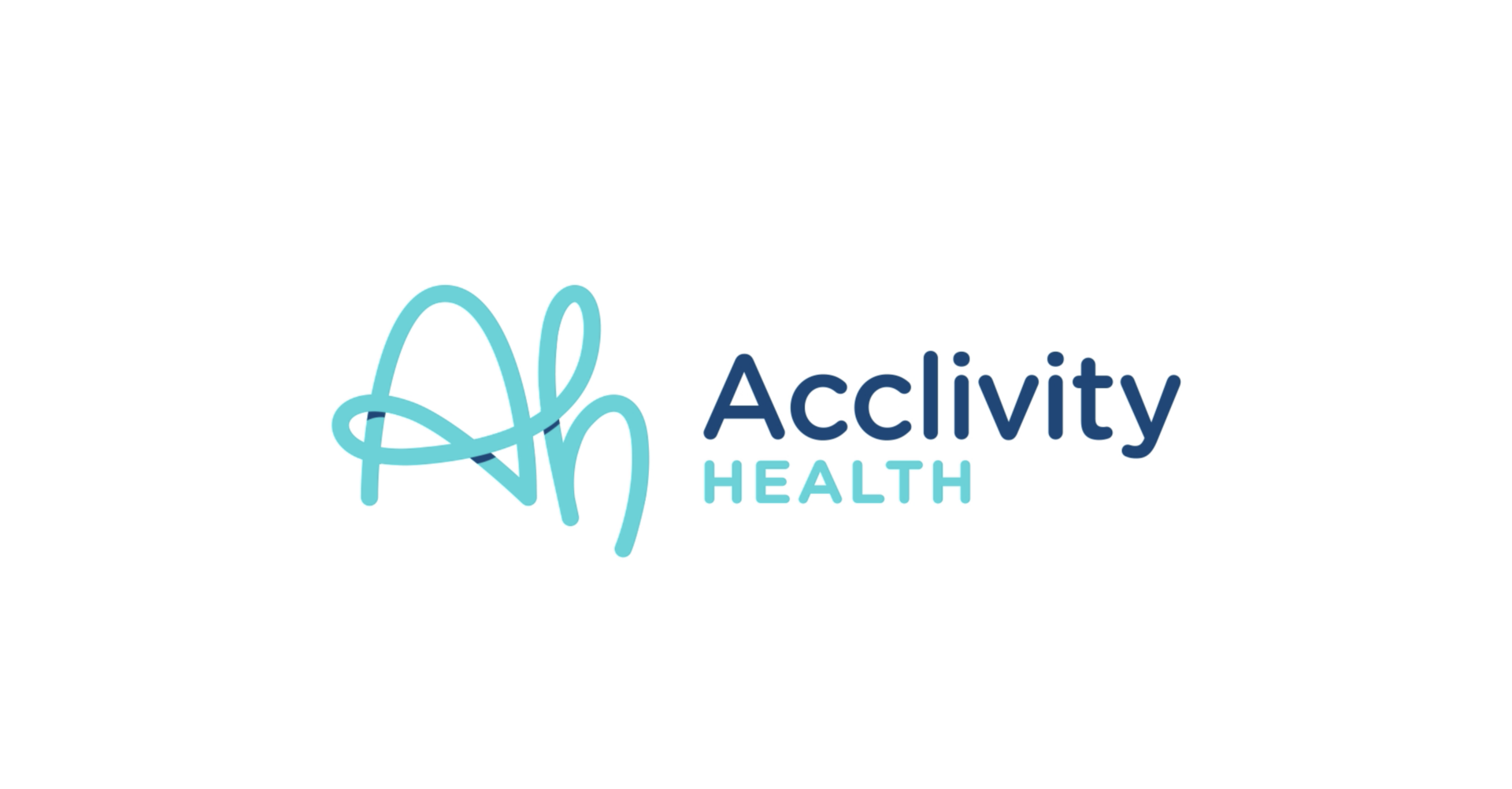Acclivity Health’s Chief Innovation and Advocacy Officer explains why patients and families shouldn’t hesitate to seek hospice care.
As seriously ill patients near the end of life, it is often suggested that hospice care become part of their health care plan. Unfortunately, patients often enroll in these services too late to reap the full benefits. Dianne Gray, Chief Innovation and Advocacy Officer at Acclivity Health, says this is often due to a stigma that surrounds hospice care.
“When people hear the word ‘hospice’ they often equate it with imminent death, which need not be the case,” she says. “In fact, many patients actually seem to generally feel better on hospice care because their comfort level improves and their pain is managed.”
Gray says it’s common for patients to enter hospice with 30 days or fewer left to live, when in fact, they would have benefitted from that care earlier.
“Sometimes people die after being in hospice for only a few days because the clinician waited until the last days of life to refer the patient into hospice. Sometimes the clinician does refer the patient earlier, but that patient is adamant about not going into a hospice program because they feel that the minute they receive hospice care, they will die. Most people are shocked to learn that proper hospice care can enhance life, not end it,” she explains.
According to Gray and other industry experts, the ideal time to enroll in a hospice program is when a physician estimates the patient has six months or less to live. Hospice care is designed to ease pain and offer comprehensive support at the end of life — for patients and their families — and all deserve time to fully experience those comforts.
“One of the benefits of hospice is proper pain management. End-of-life patients need not suffer in unmanaged pain. A hospice’s interdisciplinary team consists of nurses, physicians, spiritual care providers, and social workers. Hospice care supports the whole family,” says Gray.
Acclivity Health’s chief executive officer, Jeremy Powell, knows many physicians aren’t comfortable talking to their patients about end-of-life care, or may not know the appropriate time to recommend it. To address this issue, the Acclivity platform generates a palliative performance score for each patient a practice sees. This score indicates to the physician when a patient should be referred to hospice or palliative care based on data from similar patients.
“The palliative performance score provides a physician with the objective data necessary to make recommendations for end-of-life care,” says Powell. “When our platform indicates that a patient will benefit from a hospice referral, it not only helps the provider make an educated referral, but also helps that patient receive the care and support they need much sooner.”
While industry experts like Acclivity Health are striving to help physicians and patients access end-of-life care sooner, Gray emphasizes how important it is to break down the stigma around hospice care so those who need it feel comfortable accepting it:
“Hospice enhances life. It doesn’t cause the end of it.”



